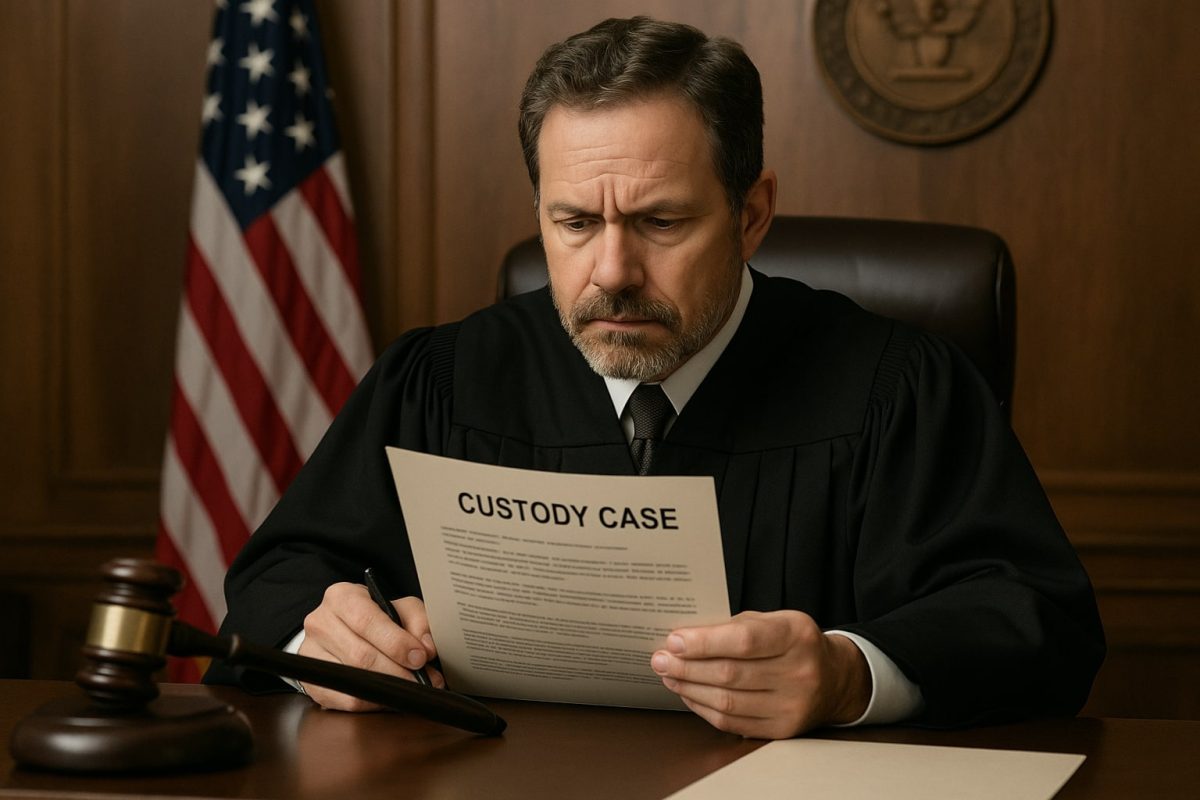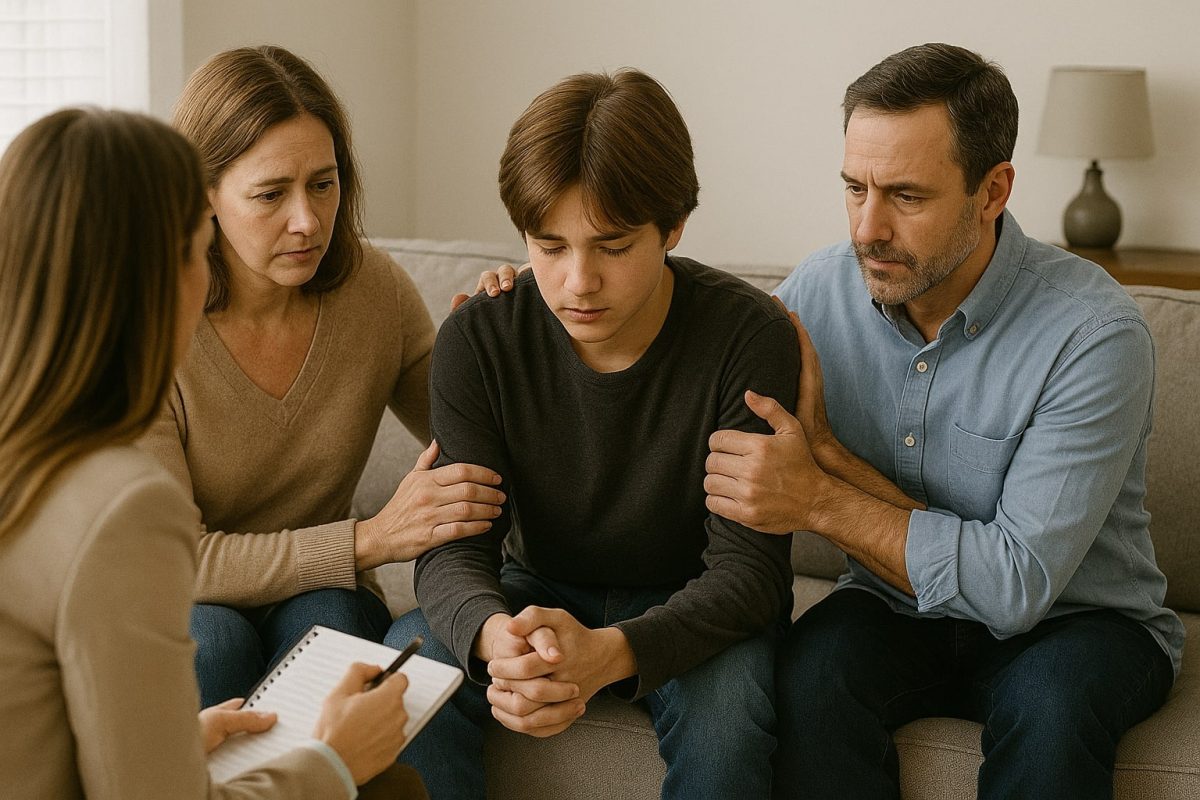Child Custody Decisions
Navigating custody arrangements is challenging, especially as your child grows and expresses preferences about living situations.
In Australia, understanding when and how a child’s wishes influence custody decisions is crucial. While there’s no definitive age for children to legally decide which parent to live with, family courts carefully consider their maturity, age, and expressed wishes.
This guide explains When Can a Child Decide Which Parent to Live With in Australia?, helping you approach custody discussions empathetically and informed.
How Australian Courts Determine a Child’s Custody Preferences


Age and Maturity Considerations
Australian courts typically begin considering children’s views around age 12-14, but maturity matters significantly. A mature and articulate younger child’s opinion may also be valued.
- Courts prioritize children’s emotional well-being and stability.
Opinions are more heavily weighed with increased age and maturity.
Factors Courts Consider
Several critical factors affect how courts interpret a child’s preference:
- Child’s maturity and understanding of their situation
- Consistency and reasoning behind their preference
- Influence from either parent
- Impact of the child’s choice on their emotional and educational welfare
Can a 14 Year Old Choose Where They Want to Live Australia?


At age 14, a child’s preference carries considerable weight in Australian family courts, but it isn’t automatically decisive. Courts assess if the child’s choice aligns with their best interests and overall well-being.
- A child’s reasoning should reflect genuine feelings, not parental influence.
- Courts ensure choices are safe, stable, and nurturing.
How to Support Your Child During Custody Discussions
- Open Communication: Encourage honest discussions without pressure.
- Professional Guidance: Seek advice from counselors or mediators.
Reassurance: Emphasize your child is loved regardless of their choice.
Seeking Professional Legal Advice
Given the complexities involved, consulting an experienced family lawyer can clarify your situation and options, ensuring decisions align with your child’s best interests. Understanding clearly When Can a Child Decide Which Parent to Live With in Australia? will help guide these conversations effectively.
- Lawyers guide you through legal procedures, reducing stress.
- Legal support helps create sustainable custody arrangements.
Frequently Asked Questions (FAQs)
- At what age does a child’s opinion matter in Australian courts?
Generally from 12-14 years, but courts also consider maturity levels. - Can my child decide custody arrangements alone?
No, courts assess if their choice aligns with their overall welfare. - Do judges always listen to a child’s custody preference?
Judges consider, but aren’t bound by, a child’s preferences. - Can parents influence the child’s custody decision?
Excessive influence negatively impacts court evaluations.
Conclusion
Navigating custody decisions involves balancing your child’s preferences with their best interests. Understanding how Australian courts approach this sensitive issue and seeking professional guidance can make the process smoother and more reassuring for both you and your child.









